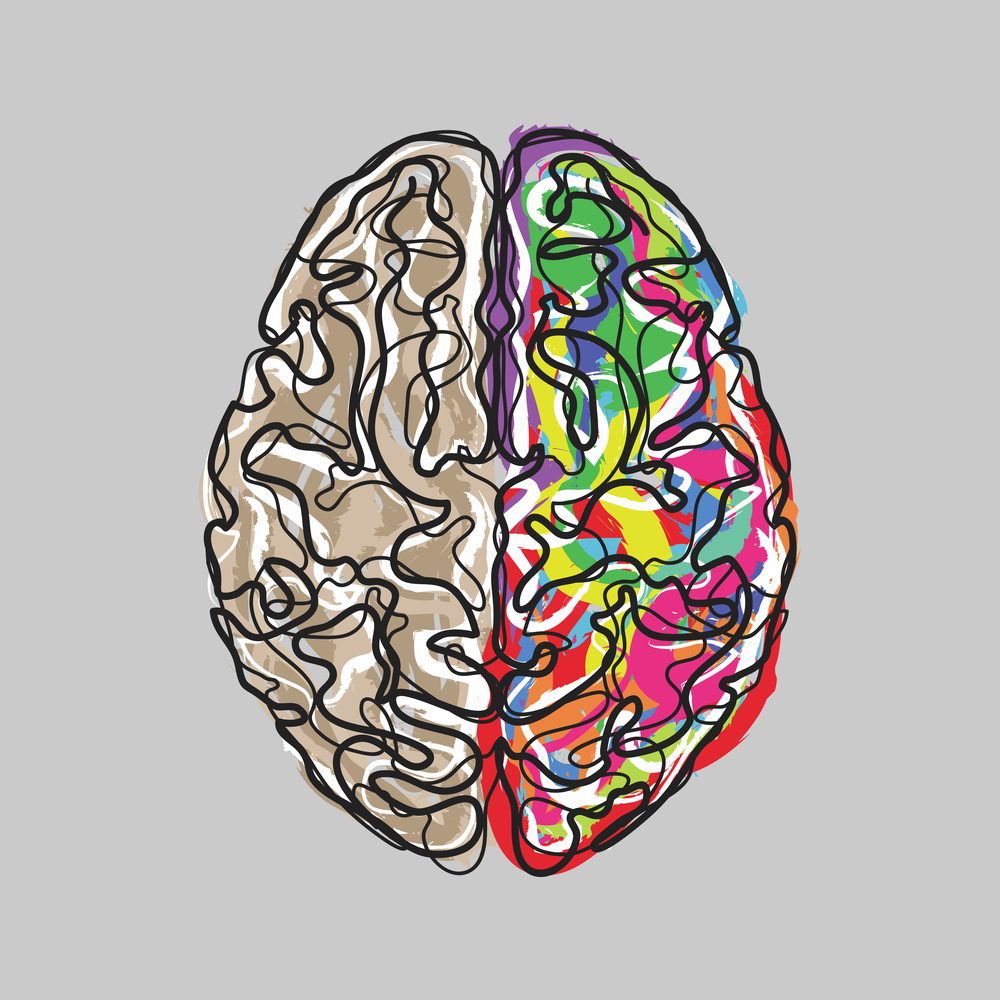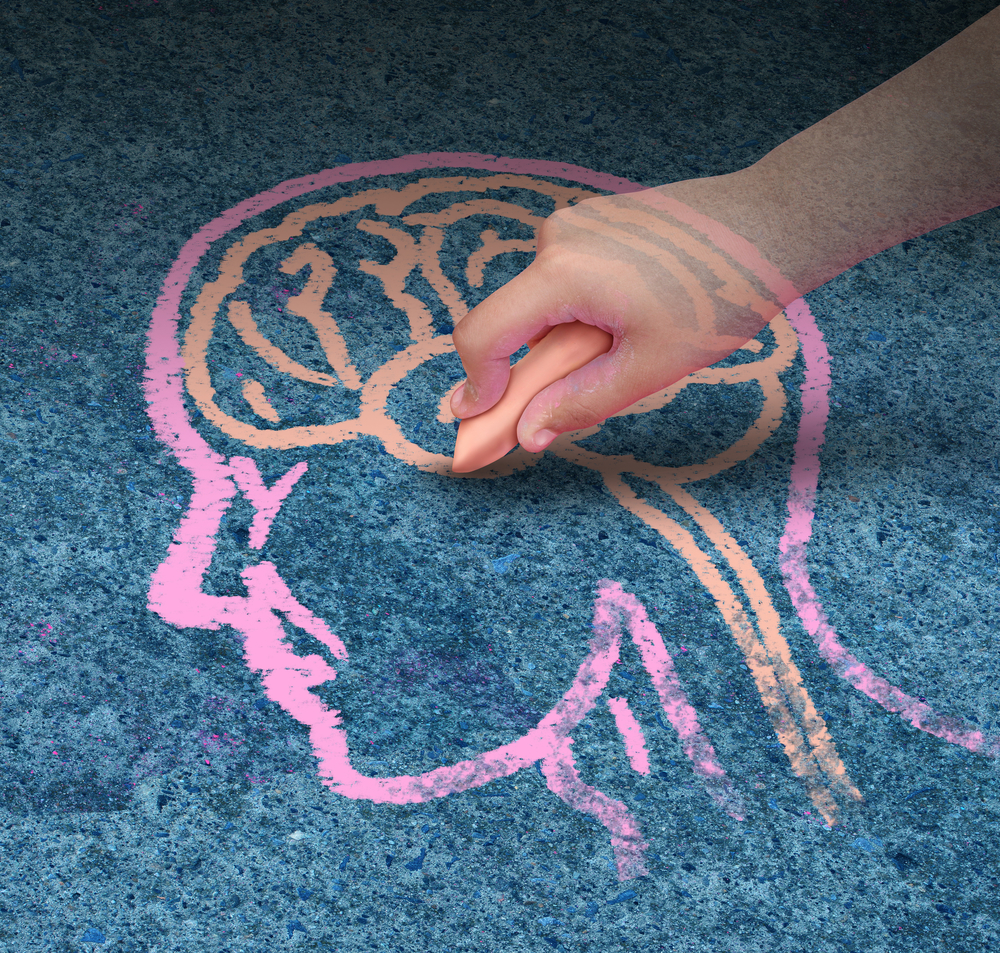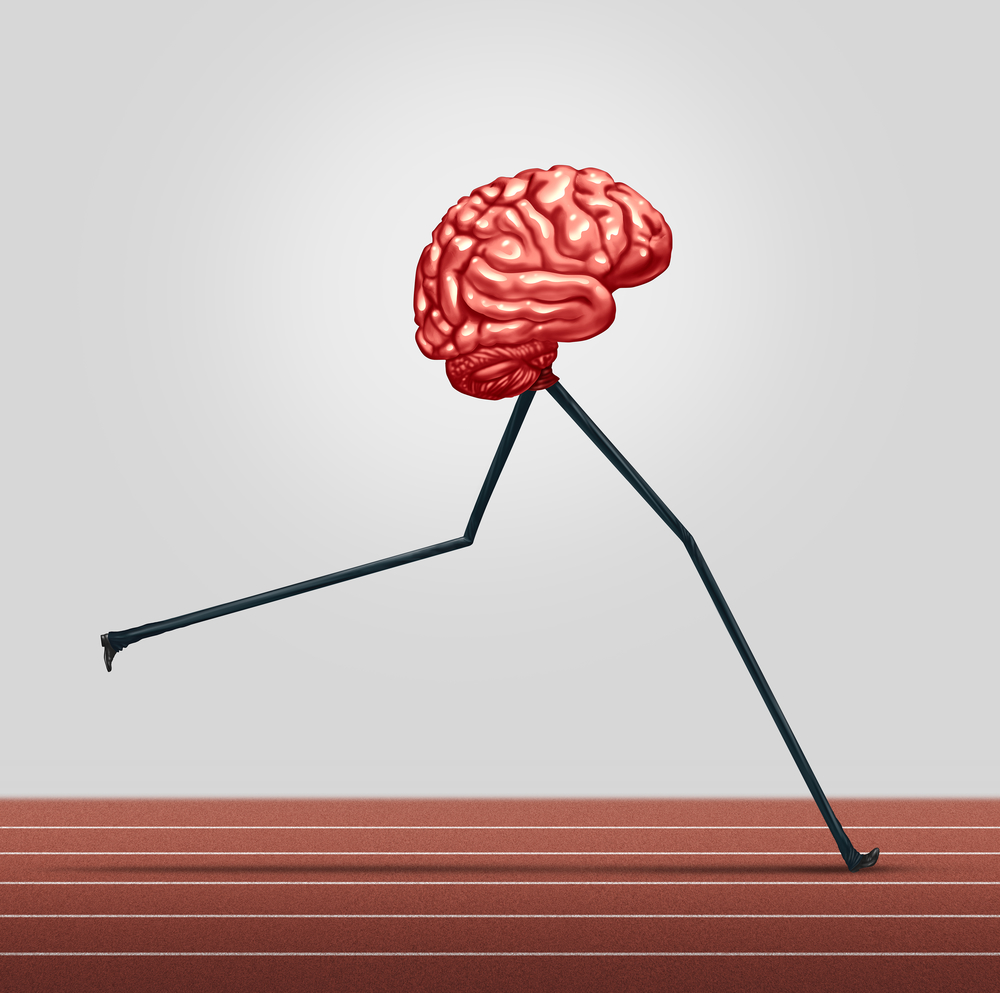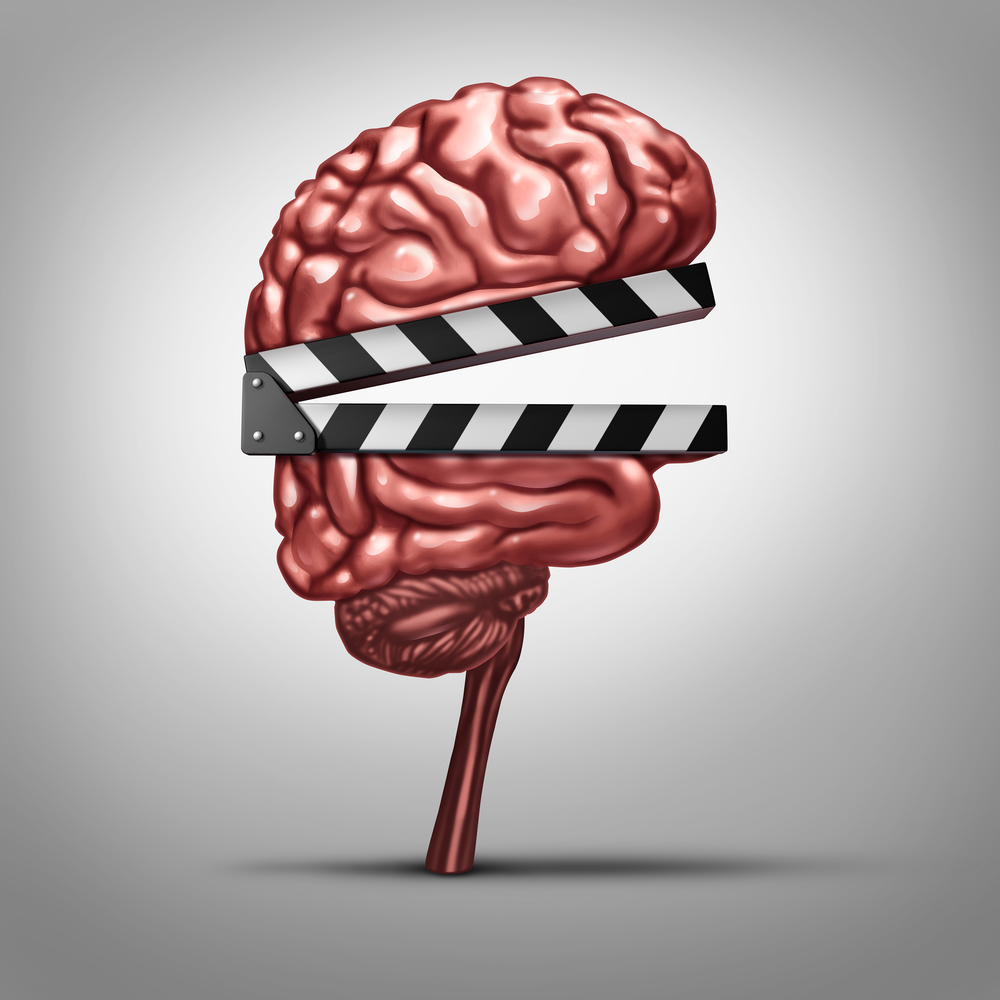May 11, 2017

I spoke recently to Adeena Pelberg, holistic educator, about her experience with movement therapies for children with Autism, ADHD, Sensory Processing disorder and other neurodevelopmental disorders. Make sure you catch the whole podcast episode to hear from her why movement therapies help our kids by addressing the underlying dysfunction in their brains.
Her story began twenty years ago when her husband suffered a spontaneous brain hemorrhage followed by a traumatic brain injury and paralysis due to a fall down a flight of concrete stairs. When the surgeons finally operated on his brain, they left a hole that was visible on MRI.
Adeena was a schoolteacher at the time but quit to become her husband’s caretaker. She worked with him as he relearned all his basic functions, things like how to dress, how to bathe, how to tie his shoes, and how to do two simple tasks at the same time. During this time, Adeena became passionate about training him. She realized that if a grown man with a hole in his brain could go from being unable to do anything for himself to relearning how to properly function in the world, then so might children who she had worked with in the past, who suffer from developmental delays. They just needed the right training.
Listen to the full podcast to learn more about Adeena’s work with children using movement therapies like Masgutova Neurosensorimotor Reflex Integration (MNRI) and Rhythmic Movement Training (RMTi).
(more…)
April 13, 2017

I recently interviewed Susan Levin, mother of 14-year old Ben, who received an autism diagnosis at the age of five. Ben’s story is inspiring and revolves around the Son-Rise Program, a parent-led program that is helping to recover children on the autism spectrum. In today’s article and podcast 007 learn how Susan recovered her son from autism through the Son-Rise program alongside biomedical, and social development therapies.
(more…)
April 6, 2017

Last week we talked about functional neurology and how it’s important to address brain function directly in conjunction with our efforts to address the brain indirectly with biomedical treatments and nutrition. Neurofeedback is one functional neurologic therapy that can help your child with a neurodevelopmental disorder like autism, ADHD, or sensory processing disorders.
I had the opportunity to interview a neurofeedback expert, John Mekrut, owner of The Balanced Brain Neurofeedback Training Center and a father of a daughter with multiple neurodevelopmental challenges, on the My Child Will Thrive Podcast Episode 006. Listen to the podcast for his full story and insights about the use of neurofeedback. This article outlines the basics about neurofeedback options you can investigate for your child.
(more…)
March 30, 2017

Children with neurodevelopmental disorders like autism, ADHD, sensory processing disorder, learning disabilities, and other related conditions often face a number of challenges for which there are an even larger number of therapies. Functional neurology is one therapy that works directly with the nervous system, helping to retrain the brain and peripheral nervous system to function appropriately. Functional neurology is the perfect complement to biomedical treatment.
(more…)
April 21, 2016

Two weeks ago I introduced the concept of neuroplasticity and why it is the beacon of hope for recovery for our children. The brain’s ability to regenerate gives me hope that our children can recover. Today I want to dive deeper into how the brain’s neuroplasticity plays a role in the symptoms we see in our children from day to day and How Retained Primitive Reflexes May Affect Your Child.
Did you know that we are all born with reflexes that are essential to our early survival but that must be lost in order for our brain to develop properly? For example, an infant’s palmar reflex allows the child’s palm to grasp anything that is placed in the palm, but this reflex must be lost in order for the pincer grip to develop, which allows the child to develop fine motor skills of the hands. When primitive reflexes are retained, the development of postural reflexes, which require midbrain involvement and signify the maturing of the central nervous system (CNS), is negatively impacted. As a result, proper development is affected which is why we need to understand how primitive reflexes may affect your child.
(more…)
April 7, 2016

We’ve all experienced setbacks while trying to recover our children. Neuroplasticity – Finding Hope With Setbacks is something we all need to figure out as time goes on. We implement a new diet, supplement protocol or therapy, and it goes well for a while, but then something triggers a complete turnaround and chaos ensues. It’s part of the cycle. It is easy at these times to question the interventions we’re using. I have questioned my own decisions on many days. It’s an unnerving yet natural reaction. We parents spend every spare moment of our time reading, researching and working with our children. When things appear to be moving backwards or are stalled out, we need the confidence to know our efforts aren’t wasted. Fortunately, the “recently” established concept of neuroplasticity provides hope that there are always improvements we can make with our children, despite any setbacks that may have previously been encountered. (more…)




























